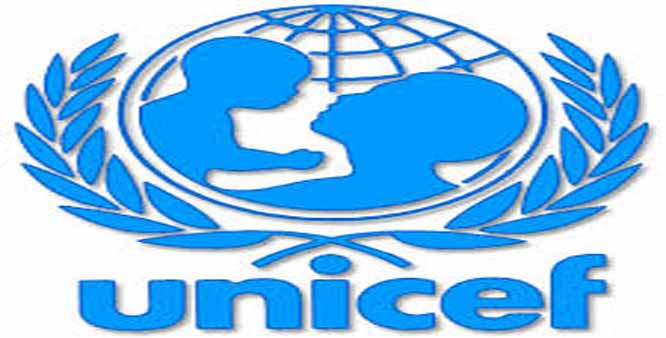
Gbolahan Salman Sokoto
Sokoto State Government in collaboration with United Nations Children Education Fund (UNICEF), on Tuesday commenced vocational entrepreneurship skills training for almajiri and adolescent girls service providers in the state.
The service managers are expected to cater for 3,000 almajiri and 1,700 out-of-school adolescent girls outside of family care with vocational and entrepreneurship skills acquisition training in eight local government areas of the state.
The programme is being supported by Eleva Foundation and UNICEF, anchored by Sokoto State Ministry for Women and Children Affairs (MWCA) as well as the State Arabic and Islamic Education Commission.
In his address, the state governor, Ahmad Aliyu, urged the participating agencies to live up to the expectations as the programme was in line with the state government’s initiative to promote self-reliance and productive engagements.
Aliyu described vocational training as a panacea of reducing unemployment rates as well as tackling out-of-school syndrome and reducing roaming children on the streets.
The Permanent Secretary of the ministry, Hajia A’isha Dantsoho, said the vocational training would be followed up by rigorous training and capacity building for various stakeholders in the project.
Dantsoho said that the partnership had six thematic areas and eight local government areas were selected for the pilot programme to cover at least 8,550 out-of-school adolescent girls and 8,456 almajiris under the first phase.
She explained that adolescent girls would in addition to formal education, receive vocational training and business skills and would be linked to health, livelihoods, hygiene, sanitation and other services.
The permanent secretary said while the ministry would handle the adolescents’ girls programme, the commission would integrate almajiri children into formal education.
Also speaking, the Executive Secretary of the commission, Alhaji Alitine Dandin-Mahe, said the agencies were working toward the emancipation of almajiri students and other vulnerable persons to improve their lives.
Dandin-Mahe said the programme was started in 2020 and different activities were undertaken to actualize the dreams including strengthening the establishment of the commission
He said others included the design of a 10-year work plan for mainstreaming of almajiris into formal education and digital education.
Dandin-Mahe said that 717, 526 students were captured in 5,122 almajiri and 1,826 Islamiyya schools in September 2021.
He added that a 2-year multi- sectoral action plan had been developed to support almajiri, out-of-school children and adolescent girls in the state.
Dandin-Mahe said that 113, 208 almajiri and 136,315 out- of-school adolescent girls were validated and documented for case management services in the data captured.
This he said, was in addition to 100 almajiri school teachers who were trained by UNICEF on enhanced child sfe guiding policy, alternative caregivers techniques and other initiatives.
The Waziri of Sokoto, Prof. Sambo Wali-Junaid, who represented the Sultan of Sokoto, Alhaji Sa’ad Abubakar, lauded the Memorandum of Understanding (MoU) to get children and adolescent girls back to school.
Wali-Junaid said education and entrepreneurship remained the best tools for human development and urged the stakeholders to live up to the expectations.
The UNICEF Chief of Field Office, Maryam Darwesh, said the present effort was in fulfillment of another segment of the multi sectoral strategic plan that will help amajiri and adolescent girls to be employable and become assets to their communities.
Darwesh reiterated that UNICEF would continue to partner agencies in ensuring the success of the notable project, sustained initiatives of provision of startup materials and tools when the children graduate from their various skills training.
Darwesh reiterated that UNICEF would continue to partner agencies in ensuring the success of the notable project, sustained initiatives of provision of startup materials and tools when the children graduate from their various skills training.
” This meeting is unique as it will hopefully consolidate a journey that commenced in 2021 with the validation of data of about 249, 523 almajiri and out-of-school adolescent girls in Sokoto State who are out of family care. ” she said.




Telegram下载 群组功能强大,可容纳大量成员,适合社群交流和信息分享。